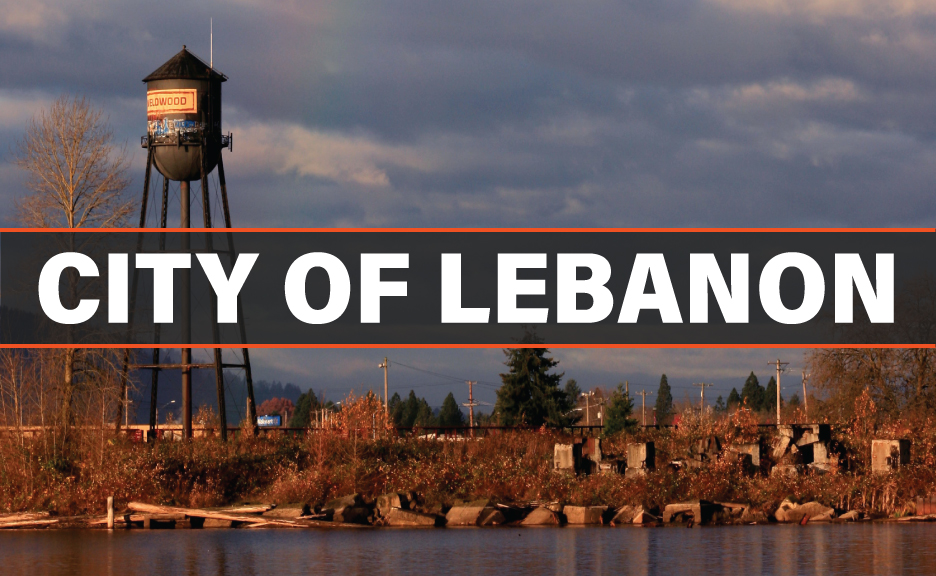By Kelly Kenoyer
Lebanon Local
Lebanon City Council members spent considerable time discussing overdue utility accounts at the monthly meeting August 12, before coming up with a tentative plan to get overdue accounts to begin paying.
The city suspended “lock offs” at the beginning of the COVID-19 pandemic in March, and now has 192 accounts that are past due, with a total of $73,000 owed. Throughout the entire city, around $944,000 is billed monthly for utilities, Finance Director Matt Apken reported.
Over 50 accounts of those 192 haven’t made any payments since March, with 113 at least two or three months past due. Only 14 of the overdue accounts have never been locked off before, Apken said.
Councilors Jason Bolen, Robert Furlow, Rebecca Grizzle, Wayne Rieskamp, Karin Stauder and Michelle Steinhebel were in attendance by Zoom, with Mayor Paul Aziz absent.
The councilors discussed options for those overdue accounts, and whether it’s time to start shutting them off, starting in September.
Bolen said, “I understand people are hurting right now, but I also understand the flip side that the city has to provide a service and bill for a service. I don’t want to see the city taken advantage of.”
Furlow said, “I think we need to hear from them immediately and we need to let them know that there’s a sword of Damocles hanging over their head.”
Grizzle expressed concern that overdue utility bills generated by renters may come back to bite the landlords. Steinhebel agreed: “As someone with a tenant, we get a lien on our property if our tenant doesn’t pay their water bill on time.”
Stauder noted that the $50 fee to turn water back on may be challenging for those who are deep in debt with the city.
“Is there a way to forgive that $50 fee?” she asked Apken. He said such a move is certainly possible.
Interim City Manager Ron Whitlatch said it’s important to get ahead of these bills before the accounts are many thousands of dollars in debt. Some are already topping $1,000, so “we’re going to have to step in, otherwise we’ll have to eat it.”
Steinhabel brought the discussion back to the pandemic at that point, saying “I don’t know if it’s in the best interest of our vulnerable population to limit access to clean water at this time.”
Grizzle agreed, but said some may end up “$5,000 or $6,000 in debt if people literally do not pay anything.“
The council eventually came to a consensus: The city will begin sending out calls and letters to overdue accounts warning them that they need to set up a payment plan with the city. Water will not be shut off in September, and City Council will reconvene in October to consider next steps.
Apkin noted the possibility of federal CARES Act money being used to supplement these financial issues.
The council also addressed a few other matters:
n The new interim city manager, Nancy Brewer, introduced herself to the council. She has 30 years of experience working for the city of Corvallis, mostly working on finances. Council members unanimously voted in favor of hiring her.
n Councilors voted unanimously to remove a tract of 51.45 acres from the Northwest Urban Renewal District and put it in its own area, the new Mill Race Urban Renewal Area. The change will not affect taxes in any way, according to Community Development Director Kelly Hart. The change was necessary because the Northwest URD was on track to exceed its financial limitations, so the separated district allows for specific projects to get a tax break without exceeding those limits.
The project drew some opposition from neighbors who consider it special treatment for a “gated community,” but city staff implied that it’s a misconception and there will be no tax increases for those concerned neighbors. Instead, the developers are reimbursed through limitations on their own property taxes. The new district has a maximum expenditure limit of $9,652,364, though Hart said the full potential impact is likely to be closer to $3 million.
n Council President Bolen declared Sept. 11 to be Patriot Day, the month of September to be Preparedness Month, and the month of August to be Senior Center Month.
n The council approved a $273,295 bid by Pacific excavation for the Sherman Street waterline replacement project. The bid is 30 percent lower than the city engineer’s estimate for the project.
n The council approved a motion to advertise for bids to replace the Gills Landing Boat Dock.
n The city is moving its pay scale to a stepped or tiered system, instead of the existing “low, medium and high” scales available currently, said Whitlatch. The change will put Lebanon on alignment with the pay equity law passed in 2019, and will help with retention.





